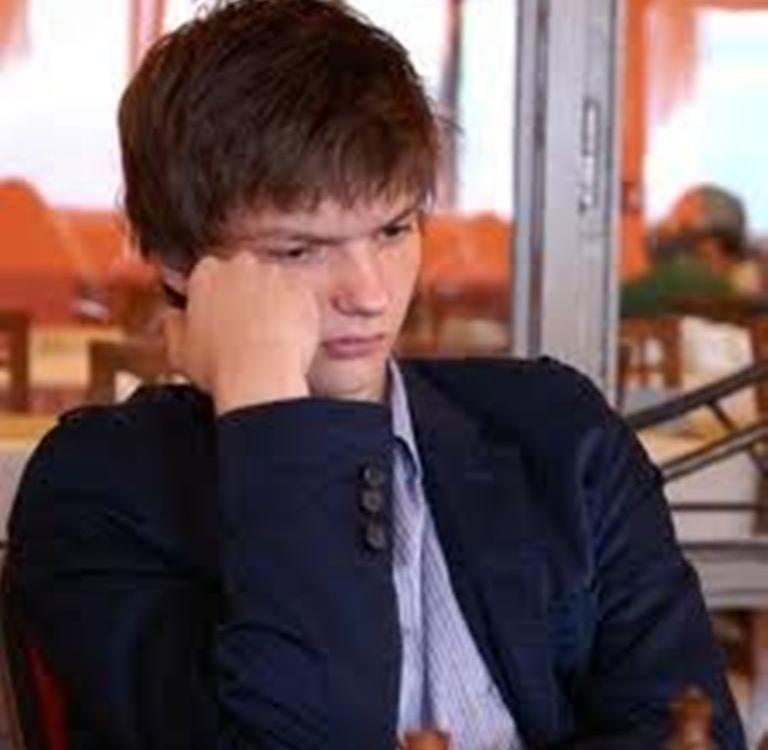
How to convert a positional and material advantage in endgames?
How to win a won game?
This is probably one of the most difficult skills that a chess player has to master in order to be able to collect points confidently. The answer to the question asked in the title lays in the player's ability to convert an advantage which he already obtained. The purpose of this article is to deliver both theoretical principles of how to deal with those "won" positions and provide instructive examples.
Converting the advantage is a highly important skill for any chess player. Unfortunately, it cannot be achieved easily but it's worth to take the effort to train this ability. There are various reasons for the mistakes being made as far as redeeming the advantage in endgames is concerned. They can be caused by factors such as: lack of fitness, tiredness etc, but mostly it's all about the lack of endgame technique.
One of the ways to improve the technique is connected with analysing classical games of players such as: Lasker, Rubinstein, Capablanca or Karpov. Nevertheless, there are some gold principles which will lead you closer to perfect endgame technique:
1. The Plan - schematic thinking. Creating step-by-step plans that lead to eventual success make playing the game easier. Apart from methodology, it has a great psychological effect because we don't concentrate on winning a difficult position but on something which is close at hand (e.g. creating a passed pawn).
2. Exchange - When there are not many pieces left on the board, every exchange counts. It's extremely important to consider your exchanges carefully as there's no time and possibility to obtain compensation. Consequences are severe!
3. Restricting your opponent's possibilities (to maximum) - Every single player should master the art of prophylactical thinking. Even the smallest sign of activity should be put down immediately. It's one of the most important rules.
4. No rush! - When redeeming the advantage, it's crucial to remain calm and play solid chess even if other possibilities are more tempting. We should consider all of the possbile options and before undertaking any measures that drastically change the situation on the board, improve our own position at most. "No rush" doesn't mean unnecessary loss of time. On contrary, every single tempo counts.
5. Two weaknesses rule - If our opponent is pushed into defence, the play should be conducted on the whole board. Creating new weaknesses, problems and attacking them alternately.
6. Transformation of the advantage - It's a rare situation when there's only one type of an advantage during the endgame. Chess is a dynamic game and in most cases it's beneficial to change one type of the advantage to another one (e.g. sacrifice an exchange in order to queen the pawn).
Shall we turn into practice?






